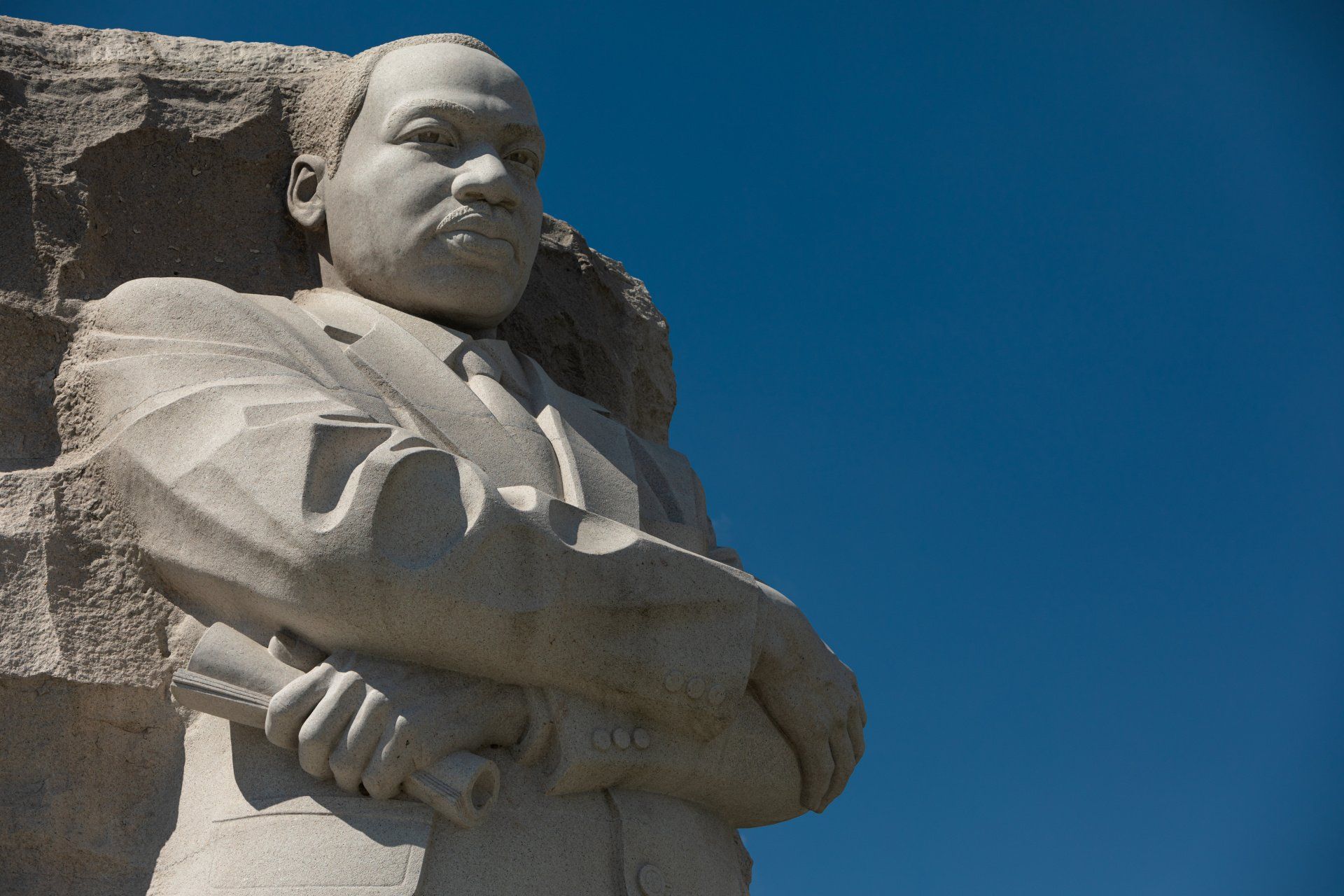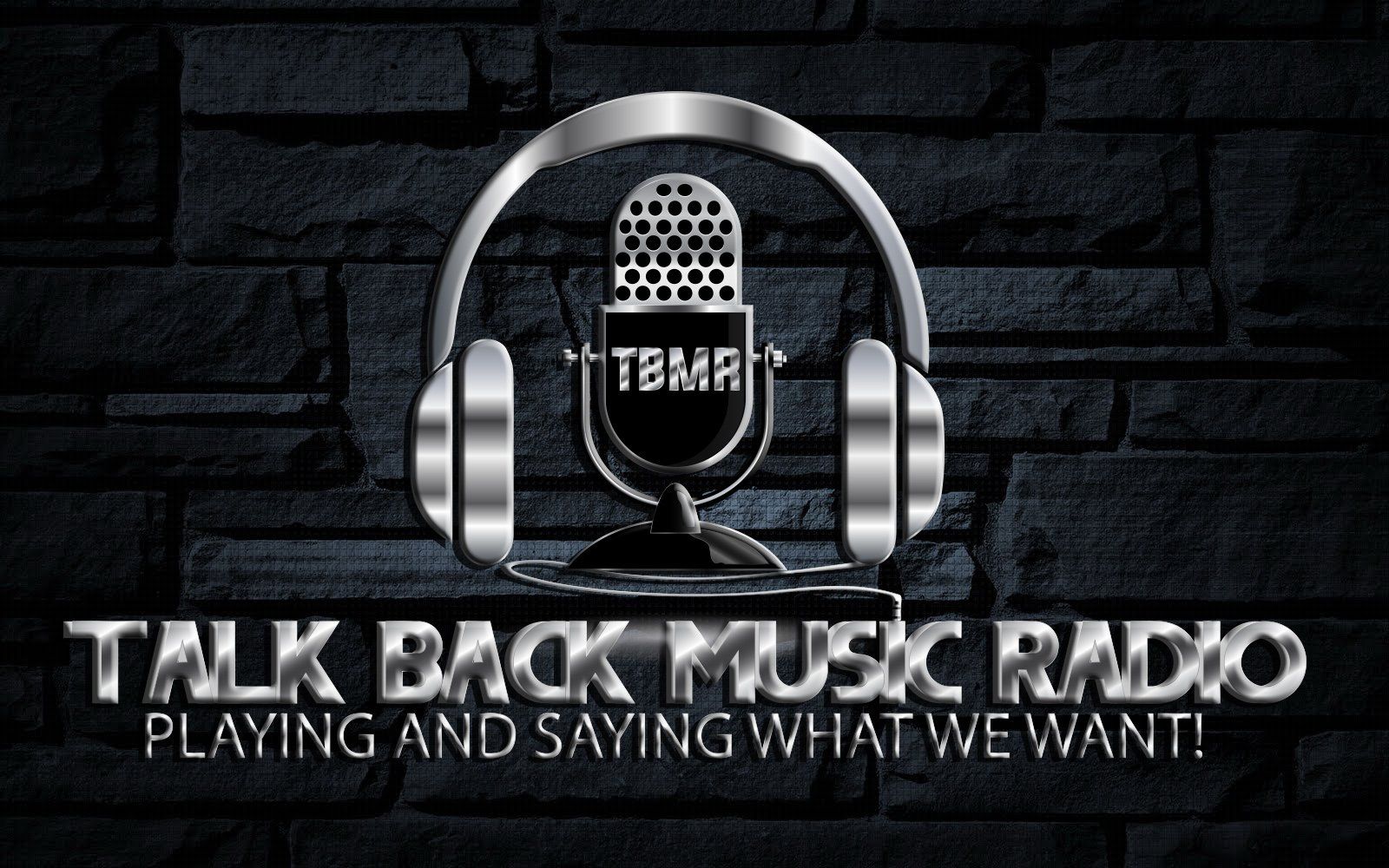Voter Resurgence: Absentee Voting

The slander and misinformation campaign against voting is in its early days with an all-out assault by President Trump on absentee voting. The goal is to suppress voter turnout and interfere with the election outcome before a single vote is cast.
The assault involves baseless attacks against absentee voting as being wide open to fraud. Having failed totally in his war on voter registration as being open to fraud, President Trump has turned his attack against the U.S. Postal Service and the people who work there, attempting to undermine a core piece of the technology needed for voting by mail. He has even appointed a new North Carolina-based head for the U.S. Postal Service who is a big political donor and supporter. He has enlisted U.S. Attorney General Barr to collaborate in his attack on your voting rights.
President Trump fails to mention a few important facts about using the mail system to vote. The most recent, notorious case of voter fraud involving absentee ballots was by an operative helping a Republican candidate in the 2018 campaign for Congress in North Carolina. Law enforcement and election officials caught that operative and he is now facing criminal proceedings.
President Trump also overlooks the growing popularity of voting by absentee ballot. In a Fox Poll conducted between May 17 – 20, 35% of the adults said they planned to vote in November 2020 using absentee ballots. That number is up by almost 20 points over the in-person ways voters indicated in the same survey that they had voted before.
In general, more people are moving to prefer postal voting. Perhaps they are coming to understand that they are more likely to be killed by a deer than they are to find instances of successful postal voting fraud.
There are two basic kinds of postal voting.
One is Vote-by-Mail (VBM) . All registered voters automatically receive their appropriate ballots in the mail, typically about two-to-three weeks before the Election Day. They mark their ballots and return them in specially designed envelopes. Oregon was the first state to use all-VBM operations in their 1998 and 2000 elections. North Carolina does not now have Vote-By-Mail. In all likelihood, we will not have it in November, 2020.
The second kind of postal voting is Absentee Voting (AV). In AV, registered voters must request to receive their ballots in the mail. Usually by filling in and submitting a form to their local election offices, voters can request to receive and use an absentee ballot well before an election. They receive their ballots, mark their selections, and return the ballots to their local election offices before Election Day.
Just to reiterate, there is a difference between absentee voting and voting by mail. Voting by mail means that either all or a specified class of registered voters are automatically mailed their ballots for an election and are expected to mail their ballots back to their boards of elections as a cast vote. That differs fundamentally from absentee voting in North Carolina where a voter must request a ballot be sent to them in order to receive it and then must send it back to their local board of elections.
The North Carolina General Assembly debated the issue of mail in voting for all registered voters but instead opted to modify the absentee voting process in the following ways:
✓ For the 2020 general election, allow for one witness for the casting of absentee ballots and provide for voter assistance by individuals working as part of multi-partisan teams.
✓ For all remaining elections in 2020, provide flexibility in the filling of positions for precinct officials and allow for completed absentee request forms to be e-mailed or faxed to county boards of elections.
✓ Require the Department of Health and Human Services (DHHS) and the State Board of Elections (State Board) to develop guidelines on how to safely allow multi-partisan teams to assist registered voters within a congregate living situation during the 2020 elections.
✓ Require applications for absentee ballots to have a bar code allowing the county board of elections and the voter to track a voted ballot following its return to the county board.
✓ Provide an additional two weeks for county boards of elections to approve applications for absentee ballots. ✓ Clarify that voters may call the State Board or a county board of elections and request a blank absentee ballot request form be sent to the voter by mail, e-mail, or fax.
✓ Provide that the State Board or its Executive Director cannot deliver absentee ballots to a voter who did not submit a valid request form or order an election using all mail-in absentee ballots.
✓ Require the State Board to create an online portal for voters to submit online requests for absentee ballots by September 1, 2020.
✓ Create a Class I felony for any member serving on or employed by the State Board or a county board of elections to knowingly send or deliver an unrequested absentee ballot.
✓ Allow for government-issued public assistance cards to be accepted for photo identification for voting identification.
What this ultimately means is pandemic or not, if you do not think you will be able to get to the polls for early or day of voting, you must request an absentee ballot within the prescribed timeframe in order to participate.
Be on the lookout for more information from your county board of elections.
Thoughts from Henry Lancaster II

